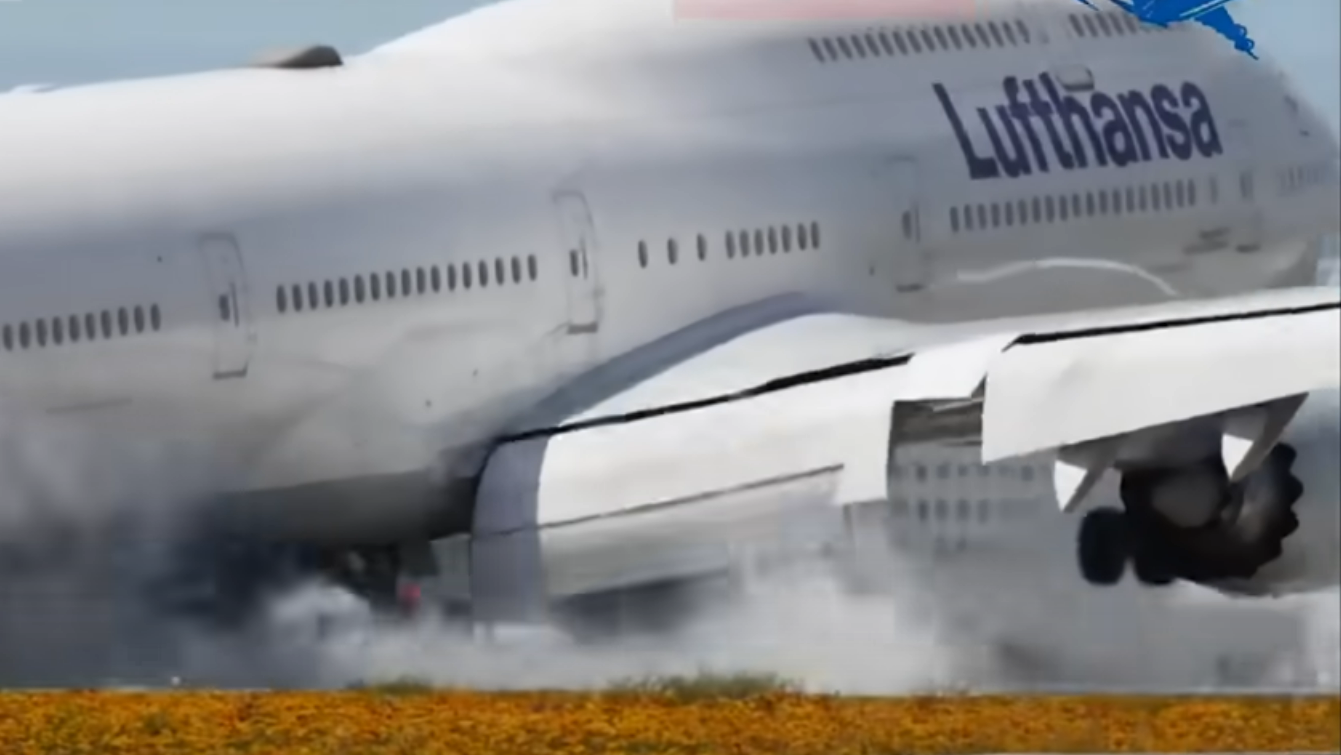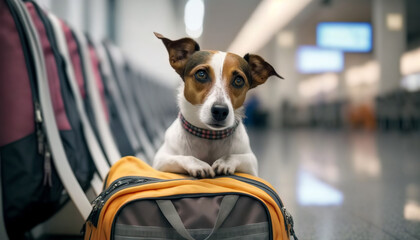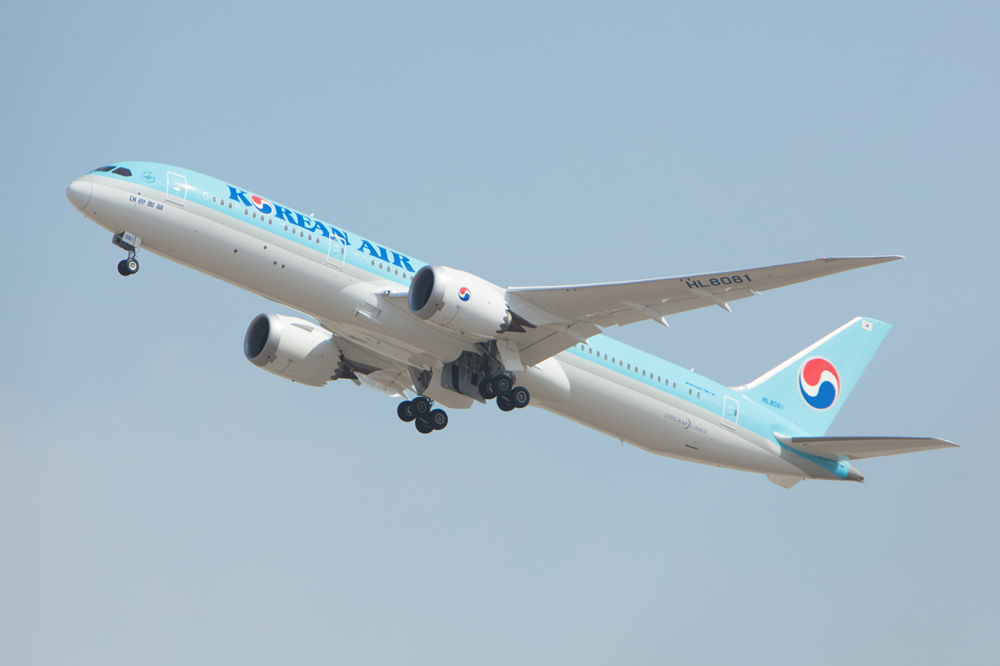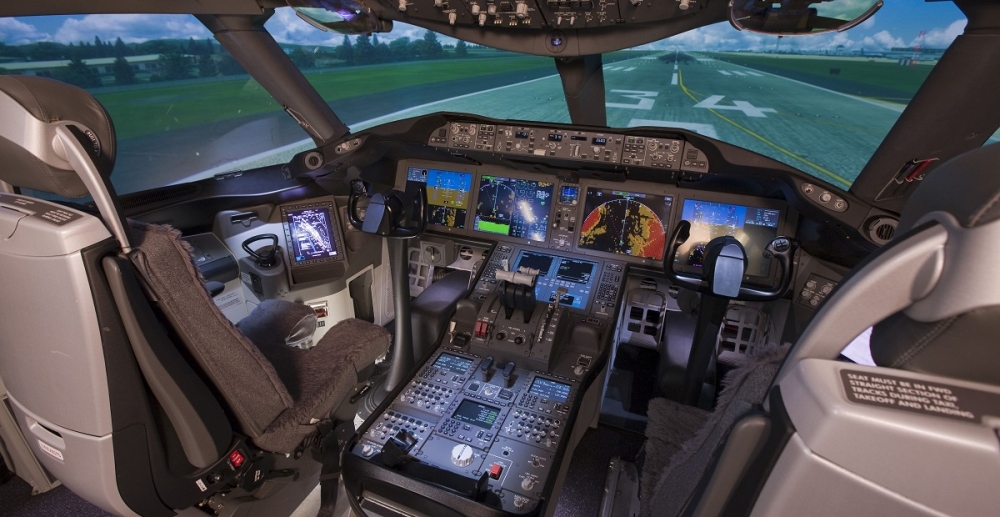Pilots operating in Europe face mandatory psychological testing before they begin working for an airline under proposed new rules designed to address the Germanwings Flight 9525 crash.
The new requirements, which have been passed on as a legislative proposal to the European Parliament, also aim to ensure pilots have access to a support program and boost drug and alcohol testing.
The deliberate crash of Germanwings Flight 9225 by co-pilot Andreas Lubitz in March, 2015, shocked the aviation world.
The plane was en-route from Barcelona to Dusseldorf when it descended into a mountain in the French Alps with the loss of 144 passengers and six crew.
Lubitz had previously been treated for depression and suicidal tendencies but kept the information from his employers at the low-cost Lufthansa subsidiary.
The crash resulted in new rules in jurisdictions such as the UK, Germany, Canada, Australia and New Zealand requiring two people to be in a cockpit at all times.
Many airlines already require pilots to undergo a psychological assessment as part of the job application process but the new rules will make that mandatory for all European carriers.
They will also require that flight and cabin crew undertake drug and alcohol testing upon employment, after a serious incident and if there is reasonable suspicion they are under the influence – something also required by many regulatory agencies and carriers.
As a complementary measure, there will also be mandatory random alcohol screening of flight and cabin during safety inspections for airlines which are not already subject to a psychoactive substance testing program under a national scheme.
EASA said the proposals addressed safety recommendations made after the Flight 9525 crash by a task force led by the authority as well as French safety investigator, the Bureau d’Enquêtes et d’Analyses (BEA).
“The EASA Opinion will serve as the basis for a legislative proposal by the European Commission in the course of 2017,’’ it said.
























